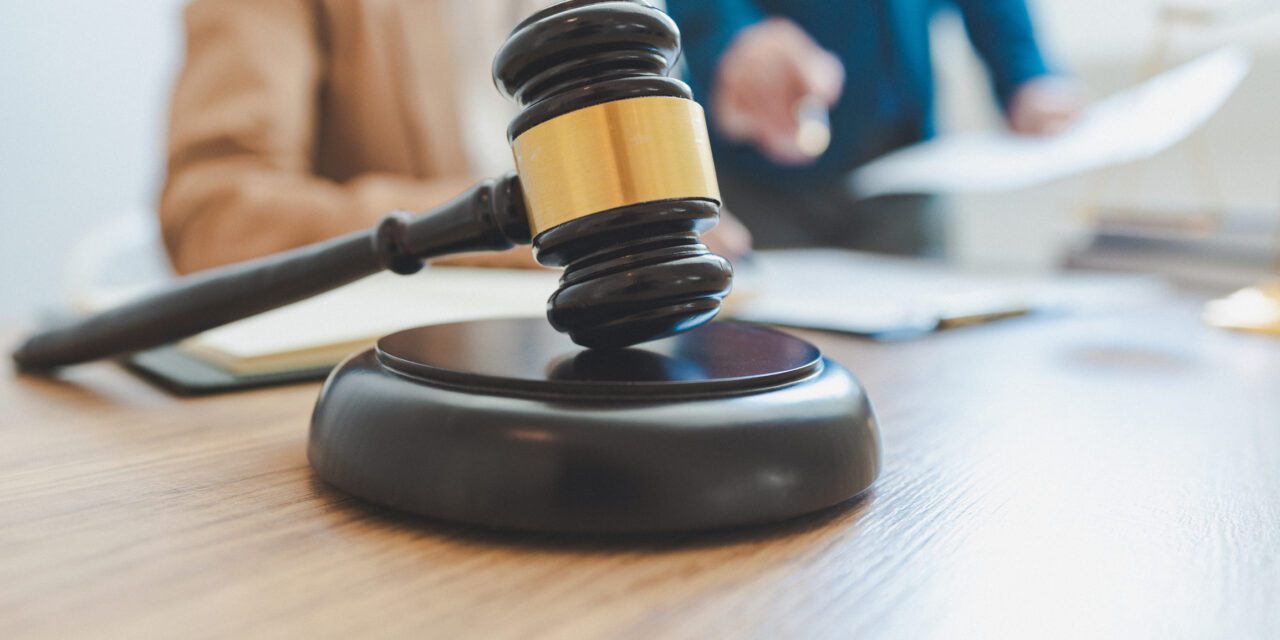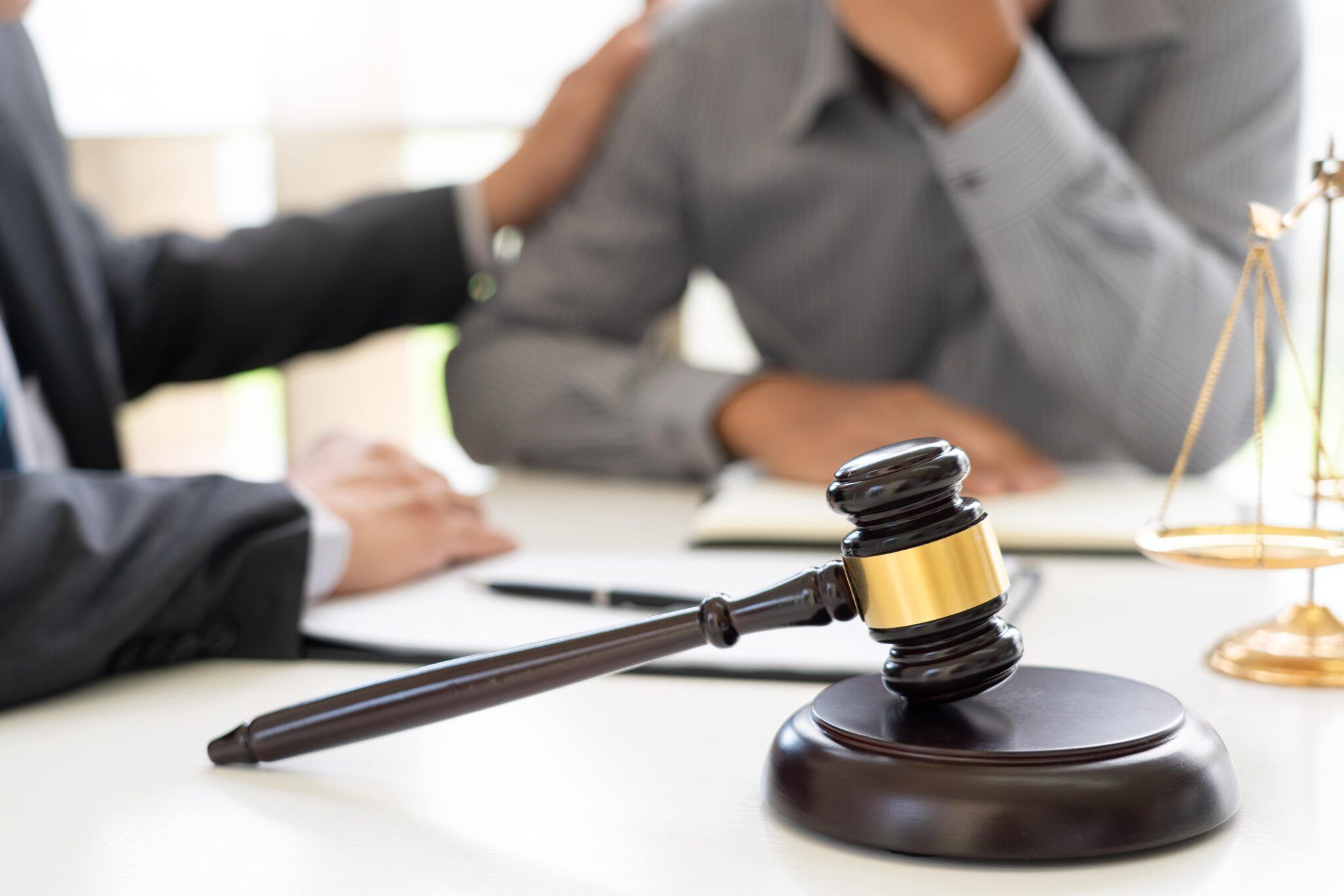Introduction
Legal contests, also known as moot court competitions or mock trials, offer law students a unique opportunity to immerse themselves in the intricacies of appellate advocacy. These competitions simulate real appellate court proceedings and require participants to argue cases, construct legal arguments, and present their points of view persuasively. The success of participants in legal contests often hinges on their understanding of the “fine print” of contest rules and guidelines. Lawyers, with their expertise in appellate advocacy and legal knowledge, are instrumental in providing law students with the key information necessary to excel in these competitions. In this article, we’ll explore the nuances of legal contests, the vital role of lawyers, and the importance of understanding the fine print of contest rules.
Unpacking the Fine Print of Legal Contests
Legal contests are rigorous and structured events with specific rules and guidelines that participants must adhere to. Here are some crucial elements of the fine print in legal contests:
- Case Materials: Contestants are provided with a comprehensive set of case materials, including factual scenarios, court decisions, statutes, and legal precedents. Understanding and analyzing these materials is paramount for constructing persuasive arguments.
- Oral Arguments: Legal contests involve presenting oral arguments before a panel of judges. Participants must adhere to strict time limits, maintain professionalism, and effectively respond to judges’ questions.
- Brief Writing: Competitors are required to submit written briefs that encapsulate their legal arguments, supported by citations from relevant case law and statutes.
- Scoring Criteria: Judges evaluate participants based on a set of criteria, including legal reasoning, knowledge of the law, oral advocacy skills, and the ability to address questions effectively.
- Courtroom Etiquette: Participants must be well-versed in the procedures and etiquette of appellate courts, including how to address the bench, make arguments, and handle rebuttals.

The Role of Lawyers
Lawyers, particularly those with experience in appellate advocacy, are well-equipped to guide law students through the nuances of legal contests:
- Coaching: Many law schools have faculty members who serve as coaches for legal contest participants. These coaches offer expert guidance on case analysis, legal research, oral advocacy, and the overall competition process.
- Mentorship: Lawyers who have participated in similar contests or have experience arguing cases before appellate courts can serve as mentors. They provide invaluable insights, share practical tips, and help students refine their legal arguments.
- Mock Oral Arguments: Lawyers can conduct mock oral argument sessions, emulating the contest environment. These sessions allow students to practice presenting their arguments, responding to questions, and perfecting their presentation skills.
- Legal Research and Writing: Lawyers can assist students in honing their legal research and writing skills, ensuring that their written briefs and legal arguments meet the contest rules and standards.
- Feedback and Evaluation: Lawyers offer constructive feedback and evaluate students’ performance, highlighting areas for improvement and suggesting strategies for success.
Conclusion
Participating in legal contests provides law students with a rich learning experience, offering them a chance to develop and refine their advocacy skills while gaining practical insights into appellate court proceedings. The “fine print” of contest rules and guidelines is a critical aspect of success in these competitions, and lawyers, with their experience and expertise, are instrumental in guiding and mentoring students. Their support not only enhances students’ performance in legal contests but also equips them with invaluable skills that will serve them well throughout their legal careers. Understanding the nuances of contest rules and procedures is the key to excelling in this challenging and rewarding aspect of legal education.


